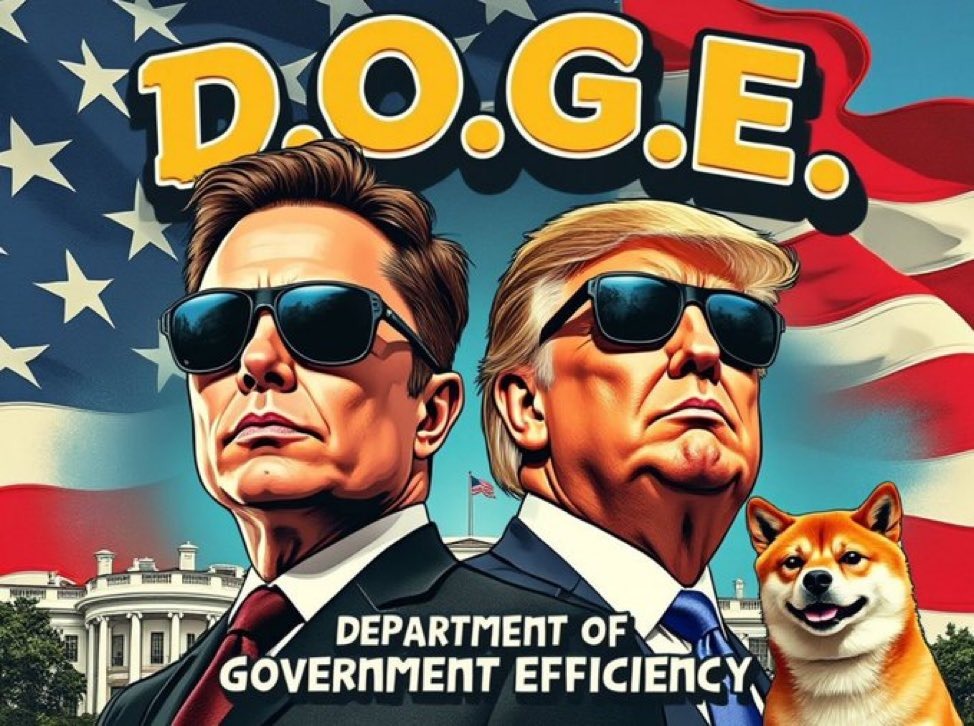
(Photo : Elon Musk/X)
The political and tech worlds have converged dramatically this week as President-elect Donald Trump appointed tech mogul Elon Musk to co-lead the new "Department of Government Efficiency," alongside conservative entrepreneur Vivek Ramaswamy.
Musk, the CEO of SpaceX and Tesla and the owner of X (formerly Twitter), has quickly become one of Trump's most influential allies, with insiders describing his level of access as "presidential." But this new political role also brings its share of challenges for Musk. The reports are emerging about the growing discontent in the Trump inner circle on Musk's 'over interference' in the affairs at Mar-a-Lago and as X faces backlash and decline in user numbers.
Musk's Role and Growing Influence
Musk's presence in Trump's inner circle has been notable not only for his public support but also for his constant presence at Mar-a-Lago, Trump's private residence in Florida, in the days following the election. Sources close to the Trump-Vance transition team reveal that Musk has inserted himself into transition discussions, joining high-level calls and private meetings, which some Trump aides feel has overshadowed traditional allies.
Trump has praised Musk as a "brilliant leader" willing to lend his private sector experience to streamline government functions. In fact, Musk's America PAC was one of the largest financial supporters of Trump's election bid, contributing over $150 million in campaign spending.
However, sources within Trump's team have hinted that Musk's aggressive approach may be stepping on the toes of long-standing Trump loyalists, many of whom feel Musk is trying to overextend his influence, according to a NBC News report.
"He's behaving as if he's a co-president and making sure everyone knows it," NBC News report stated quoting an inside source.
"And he's sure taking lots of credit for the president's victory. Bragging about America PAC and X to anyone who will listen. He's trying to make President Trump feel indebted to him. And the president is indebted to no one," he added, according to the news report.
Elon Musk's newly assigned co-lead role at DOGE is both a strategic appointment and a risk for the Trump administration. Musk, a towering presence not just financially but ideologically in Trump's latest campaign, has significantly bankrolled the Make America Great Again (MAGA) movement, driving the Republican narrative on X and personally attending high-profile campaign events. His appointment is seen as a reward for loyalty, yet it empowers Musk to potentially reshape government operations and push his "cutting-edge efficiency," though many speculate this will lead to increased friction within the federal apparatus.
The move, however, might also amplify tensions, both within Trump's inner circle and between Musk and Trump themselves. Musk's inclination to "interpret to suit," as noted by those familiar with his management style, suggests a future of potential bureaucratic clashes, especially given the magnitude of the overhaul he and Ramaswamy are expected to execute.
Critics are concerned that Musk and Ramaswamy, both deeply involved in business ventures, might use their positions to dismantle government bureaucracy and cut regulations that they see as obstacles to their industries. This could be done without the typical oversight or accountability required of public officials, given their status as private citizens.
Observers also recall past friction between Musk and Trump, noting that their cooperation could falter under the weight of personal agendas and contrasting ideologies. Despite the current camaraderie, Musk's growing influence in the MAGA agenda leaves political insiders wondering if a clash is inevitable, particularly given the two leaders' pronounced egos and highly individualistic approaches.
Challenges Back Home: The Exodus from X
Meanwhile, as Musk solidifies his influence in Washington, his role at X has come under scrutiny. Since his acquisition, Musk has pushed for substantial changes, from shifting the platform toward paid subscriptions to enforcing policy changes that some users find divisive. Following the contentious US election, X witnessed a significant exodus, with over 115,000 users reportedly leaving the platform.
Critics argue that this exodus reflects a backlash from users uncomfortable with X's increasingly politicized environment, while Musk dismisses these figures as "natural attrition." His response on X was characteristically defiant, emphasizing that "free expression will always have its critics," a stance that seems to resonate more with Trump's vision than with X's original ethos.









